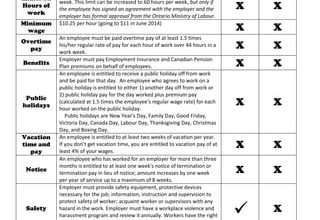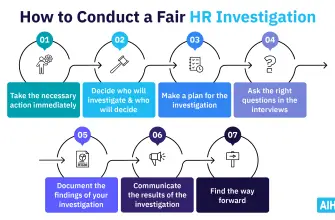Zero-hour contracts have become a contentious issue in the UK employment landscape. These contracts, also known as 0 hour contracts or simply zero hours, offer a level of flexibility that can be beneficial for both employers and employees. However, they also come with a host of potential pitfalls, including the risk of unfair dismissal claims and the potential for exploitation of workers. This article will explore the meaning of zero-hour contracts, the rights of employees under these contracts, and how employers can avoid unfair dismissal claims while maximizing employment rights.
Understanding Zero-Hour Contracts
A zero-hour contract, also known as a contract zero hours, is a type of employment contract where the employer is not obliged to provide any minimum working hours, while the worker is also not obliged to accept any work offered. This means that an employee on a zero-hour contract can technically be ’employed’ without actually working any hours. This type of contract is legal in the UK, but it has been the subject of much debate due to concerns about job security and workers’ rights.
Zero Hour Contract Meaning
So, what does 0 hour contract mean? Essentially, a zero-hour contract is an employment agreement that does not guarantee the employee any hours of work. The employer offers work when it is available, and the employee can either accept or refuse the work. This can be beneficial for people who want flexible working hours, such as students or people with caring responsibilities. However, it can also lead to uncertainty and instability, as the employee may not know how much work they will get from one week to the next.
Employment Rights Under Zero-Hour Contracts
Despite the lack of guaranteed hours, employees on zero-hour contracts still have certain rights. These include the right to be paid at least the National Minimum Wage, the right to paid annual leave, and the right to rest breaks. They also have the right not to be unfairly dismissed or subjected to unfair redundancy procedures.
Can You Refuse Hours on a Zero Hour Contract?
One common question is: can you refuse hours on a zero hour contract? The answer is yes, in theory. However, in practice, many employees may feel pressured to accept work when it is offered, for fear of not being offered work in the future. This can lead to a situation where the employee feels obligated to accept all work offered, effectively negating the supposed flexibility of the zero-hour contract.
Avoiding Unfair Dismissal Claims
Unfair dismissal claims can be a major concern for employers who use zero-hour contracts. If an employee believes they have been dismissed without reason, or subjected to unfair redundancy procedures, they may choose to take legal action. This can be costly and time-consuming for the employer, and can also damage their reputation.
Terminating Zero Hour Contracts
When terminating a zero hour contract, whether in the UK or elsewhere, it’s important for employers to follow proper procedures. This includes giving the employee adequate notice and providing a valid reason for the termination. If an employer fails to do this, they may be at risk of an unfair dismissal claim.
Maximizing Employment Rights
For employees on zero-hour contracts, it’s crucial to understand your rights and how to protect them. This includes knowing what happens if you don’t have a contract at work, and understanding the implications of a zero hour contract for your employment rights.
What Happens If You Don’t Have a Contract at Work?
If you don’t have a written contract at work, you still have certain rights under UK law. These include the right to a safe and healthy working environment, the right to be paid at least the National Minimum Wage, and the right to paid annual leave. However, without a written contract, it can be more difficult to enforce these rights.
Zero Hour Contract Employee Rights
Employees on zero-hour contracts have the same basic rights as other employees. However, they may also have additional rights, depending on the terms of their contract. For example, some zero-hour contracts include a clause stating that the employee is not obliged to accept any work offered. This means that the employee can refuse work without fear of dismissal or other negative consequences.
Conclusion
Zero-hour contracts can offer flexibility for both employers and employees, but they also come with potential pitfalls. Employers need to be aware of the risk of unfair dismissal claims, and should take steps to ensure they are following proper procedures when terminating a zero hour contract. Employees, on the other hand, need to understand their rights under a zero-hour contract, and should be prepared to assert these rights if necessary. By understanding the implications of zero-hour contracts and taking steps to protect their rights, both employers and employees can benefit from the flexibility these contracts offer, while minimizing the potential downsides.









